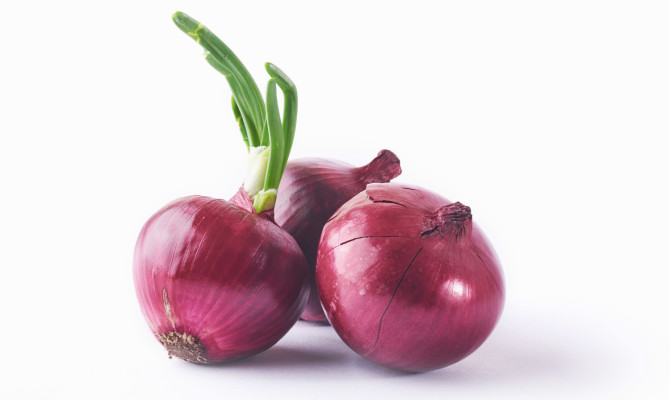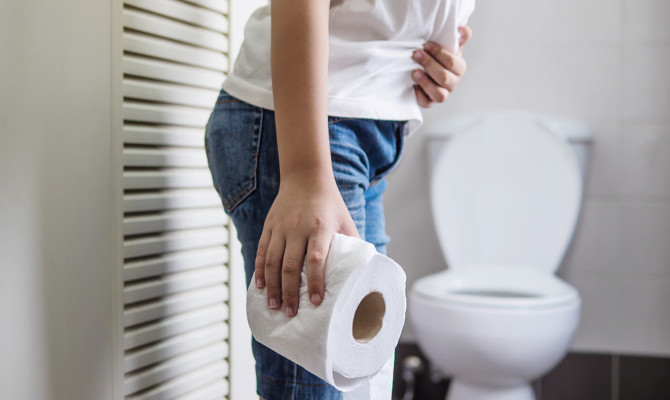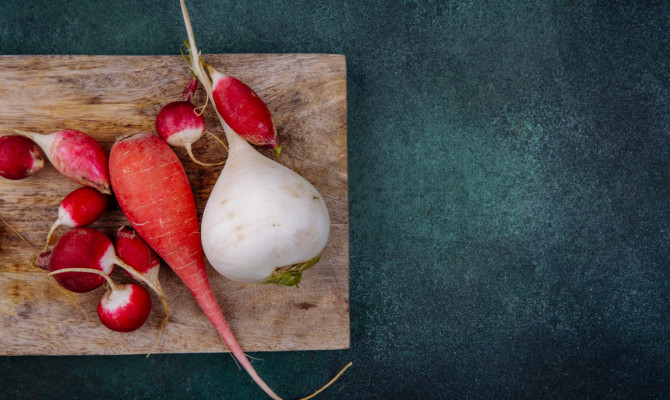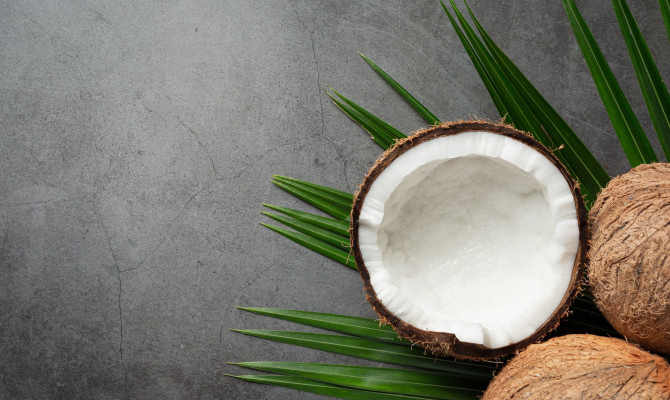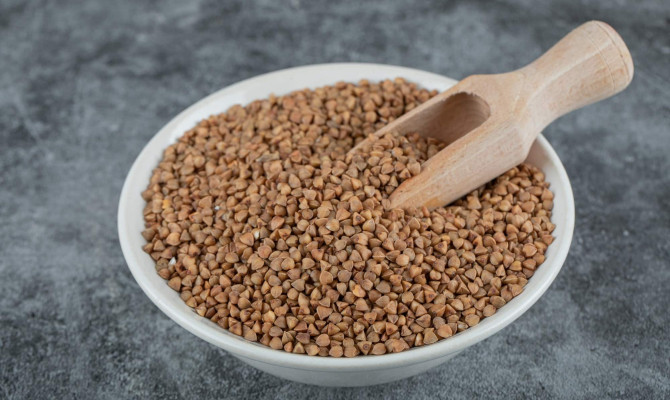Why Do I Crave Chocolate? Understanding The Psychology Of Chocolate Cravings

- Chocolate
- 04 Oct 2023
Introduction
Chocolate Cravings
Chocolate, the delectable confection, is uniquely placed in our hearts and pallets. Its rich, velvety texture and sweet, slightly bitter taste has captivated humanity for centuries. From luxurious truffles to the humble chocolate bar, it’s a treat that transcends cultural boundaries. Yet, for many of us, chocolate isn’t just an occasional intelligence; it’s a persistent craving that can strike any moment.
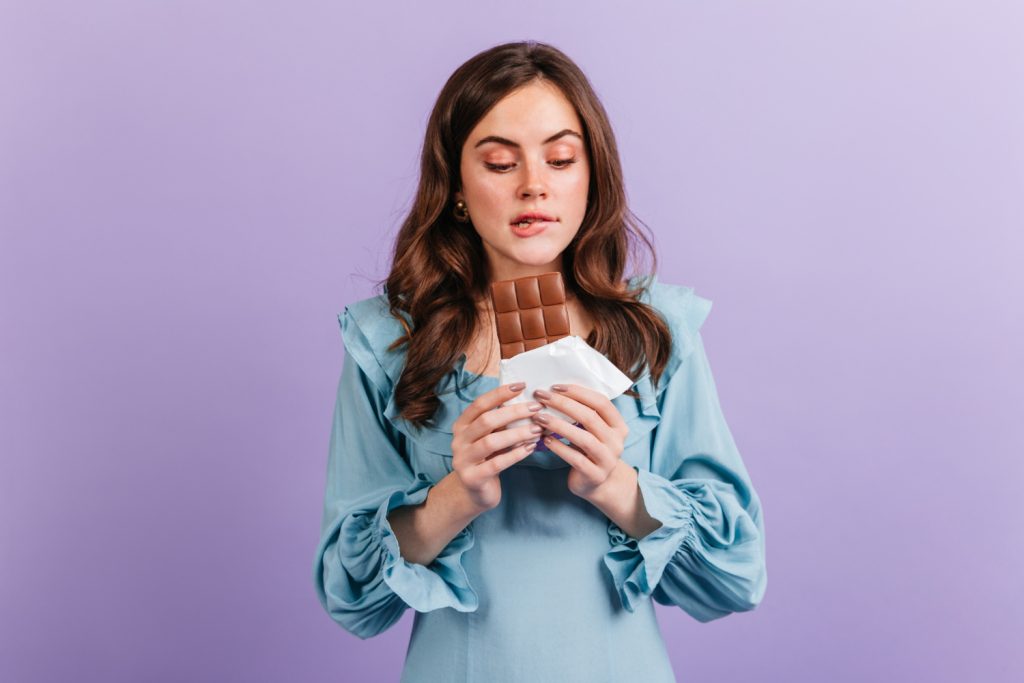
In this article, we delve into the fascinating world of chocolate cravings. What causes that irresistible urge for a piece of chocolate, and why does it seem to have such a powerful hold on our senses? We will explore the science behind these cravings, examine who is most susceptible, and discuss the impact of it on our mood and well-being. We will also uncover the potential downsides of succumbing to these cravings too often and explore ways to strike a balance between satisfying our sweet tooth and maintaining a healthy lifestyle.
Causes
Why do I Crave Chocolate all of a Sudden?
The reasons for chocolate cravings include:
- Brain chemicals
- Sugar rush
- Emotional comfort
- Nutritional deficiencies
- Habit and Association
- Social and cultural factors
- Menstrual cycle
- Advertising and Marketing
Brain chemicals
- Chocolate contains compounds like theobromine and phenyl ethylamine, which can affect brain chemistry.
- Theobromine can have a stimulating effect and phenylethylamine are associated with mode elevation.
- These compounds might contribute to the pleasurable feeling associated with eating chocolate leading to cravings.
Sugar Rush
- Sugar is a substantial component of chocolate, particularly candy and milk chocolate. Consuming sugar can cause blood sugar levels to rise quickly, giving you an energy boost.
- This quick energy boost can make you crave chocolate as your body seeks that instant gratification.
- When you consume sugary foods, they are typically high in simple carbohydrates, mainly sucrose.
- As you eat these sweets, the sugar is rapidly broken down into glucose and released into your bloodstream. The rapid increase in blood sugar provides your body with immediate energy.
- This sudden surge in energy can lead to alertness and increased vitality. It is the same reason some people eat sugary snacks when tired or sluggish. 3 Causes | Researched based study from National Institutes of Health
Brain response
- Your brain is susceptible to fluctuations in blood sugar levels. Dopamine and other neurotransmitters may be released when your blood sugar rises quickly. Dopamine makes consuming things like chocolate enjoyable since it is connected to pleasure and reward.
- Combining the quick energy boost and the pleasurable sensations can create a cycle. Your brain begins to associate the consumption of chocolate with feeling good and energized. 3 Causes | Researched based study from National Institutes of Health
Emotional comfort
- Many people turn to chocolate as a source of emotional comfort. Endorphins, the body’s inherent feel-good chemicals that can give a sense of well-being in times of stress or despair, can be released as a result of eating chocolate.
Nutritional Deficiency
What Nutritional Deficiency Causes Chocolate Cravings?
The following nutritional deficincies may cause chocolate cravings:
Magnesium deficiency
- Sometimes, chocolate cravings may be your body’s way of signaling a nutritional deficiency. For example, dark chocolate may be related to a need for Magnesium. Dark chocolate is relatively high in Magnesium, and a deficiency in this mineral can lead to chocolate cravings.
- Muscle cramps, weariness, and mood swings are signs of magnesium insufficiency that have been associated.
Iron deficiency
- People with iron deficiency anemia might create chocolate. Iron is necessary for the creation of red blood cells, and a deficiency can cause weariness and weakness.
- Dark chocolate, in particular, contains some iron, which could appeal to those with iron deficiency cravings.
B vitamins
- Deficiency in specific B vitamins, such as B12 and B6, can lead to more disturbances and weakness.
- The body’s requirement for certain nutrients may result in chocolate cravings. While chocolate is a significant source of B vitamins, it may be consumed as a quick energy fix.
Serotonin and tryptophan
- Chocolate contains tryptophan and amino acids that play a role in synthesizing serotonin, a neurotransmitter associated with motor regulation.
- Chocolate cravings may be an unconscious attempt to boost serotonin levels in the brain, especially during periods of low mood or stress.
Endorphins
- Consuming chocolate can cause the body to release endorphins, which act as mood enhancers and natural painkillers.
- Craving chocolate might be a way for some people to self-soothe or improve their mood. 3 Causes | Researched based study from National Institutes of Health
Q. Why do I crave chocolate when I’m tired?
- During stress, anxiety, or sadness, the body’s stress response can increase cortisol levels, the stress hormone.
- Consuming chocolate may help contract this response. The endorphins that are released can mimic the effects of cortisol, resulting in feelings of comfort and relaxation. 2 Nutritional deficiencies | Researched based study from National Institutes of Health
Mood
How is Chocolate Related to Our Mood?
Mood enhancement
- The pleasurable feelings associated with endorphin release can improve mood. People often turn to chocolate to experience a temporary mood lift. This mode enhancement can create an association between chocolate and emotional comfort.
Coping mechanism
- People eventually formed a habit of doing it as a coping technique for handling despair. Eating chocolate becomes a way to self-soothe and alleviate negotiable emotions, reinforcing the connection between chocolate and comfort.
Sensory experience
- Beyond the chemical effects on the brain, the sensory experiences of eating chocolate can contribute to emotional comfort. The creamy texture and sweet, rich flavor of chocolate can provide sensory intelligence that destructs emotional turmoil and provides some momentary escape.
Associations and memories
- It is often associated with positive memories and experiences, such as receiving chocolate as a gift or enjoying it during celebrations. These associations can further announce their role as a source of emotional comfort.
Social & Cultural factors
- Chocolate is frequently connected to occasions for happiness, prizes, and social events. The cultural significance can lead to cravings when you associate it with positive experiences or social interaction.
Habit & Association
- Over time, you may develop a habit of reaching for chocolate in certain situations, such as while watching TV or when bored. These habits can reinforce cravings.
Advertising & Marketing
- The powerful influence of advertising and marketing can also play a role in chocolate cravings. Seeing or hearing about chocolate in advertisements can trigger a desire to consume it. 1 Mood Regulation | Researched based study from National Institutes of Health
Q. Why do you crave chocolate on your period?
Some women experience chocolate cravings, especially in the days leading up to menstruation. Hormonal changes during this time can influence food cravings, including a desire for chocolate. 4 Mood Regulation | Researched based study from National Institutes of Health
Down Sides
The Dark Side of Chocolate Cravings
It can have health camp implications when indulged excessively. Here is a closer look at the potential downsides of consuming too much chocolate:
Health Implications:
Weight gain
- Chocolate is calorie-dense, and consuming it in large quantities can contribute to weight gain, especially when combined with a high-calorie diet. Obesity raises the risk of a number of diseases, such as diabetes and heart disease.
- It often contains sugar when consumed excessively, promoting tooth decay and cavities. The combination of sugar and sticking chocolate can harm dental health.
Blood sugar spikes
- Due to the high sugar content in chocolate goods, blood sugar levels can rapidly spike before crashing. This can contribute to irritability, fatigue, and cravings for more sugar.
Heart health
- Dark chocolate may have some heart-healthy benefits. Excessive consumption of chocolate high in saturated fats and Sugars can harm cardiovascular health. It can lead to elevated LDL cholesterol levels and increase the risk of heart disease.
Mood swings
- The temporary mood left by chocolate can be followed by moving swings or feelings of guilt, especially if consumed in excess. This emotional roller coaster can negatively impact overall well-being. 5 Downsides | Researched based study from National Institutes of Health
Prevention
How do I Stop Craving Chocolate & Sweets?
It’s crucial to control your chocolate cravings if you want to eat a balanced diet and stay healthy overall. Here are some methods for reducing cravings:
Practice moderation
- Enjoy chocolate in moderation rather than completely depriving yourself. Opt for smaller portions or share a treat with a friend.
Choose dark chocolate
- Less sugar and more cocoa solids are found in dark chocolate with a high cocoa content which may have some health advantages. It’s a better option than milk chocolate or chocolate that has undergone extensive processing.
Mindful eating
- Pay attention to your cravings and eat chocolate mindfully. Savor the bite and be aware of the sensations and flavors. You may feel more content after eating lesser servings as a result.
Healthy alternatives
- When craving strikes, consider healthy alternatives like fresh fruit, nuts are yogurt with a drizzle of honey to satisfy your cravings without the excess sugar.
Stay hydrated
- Sometimes, hunger or cravings can be mistaken for thirst. Drinking A glass of water may help reduce cravings.
Plan balanced meals
- Ensure your regular meals are balanced and include a variety of nutrients. This may lower the immediate severity of cravings and assist to stabilize blood sugar levels.
- Find alternative ways to cope with stress or emotional distress such as exercise, deep breathing, meditation, or engaging in hobbies.
Keep it out of sight
- Limit Temptation by not keeping excessive amounts of chocolate readily available in your home or workspace.
Seek support
- If you struggle to control your desires on your own, think about getting support from a certified dietitian or a counsellor who focuses on eating habits. 6 Preventive Steps | Researched based study from National Institutes of Health
Any feedback on this article?
 This Articles content was accurate
This Articles content was accurate Very Informative Article
Very Informative Article I have a question or a comment
I have a question or a comment
 This article contains inaccurate content
This article contains inaccurate content This article was not helpful
This article was not helpful I have a question or a comment
I have a question or a comment
We appreciate your helpful feedback!
Checkout our social pages
References
-
National Institutes of Health
Mood Regulation
-
National Institutes of Health
Nutritional Deficiencies
-
National Institutes of Health
Causes
-
National Institutes of Health
Mood Regulation
-
National Institutes of Health
Downsides
-
National Institutes of Health
Preventive steps












